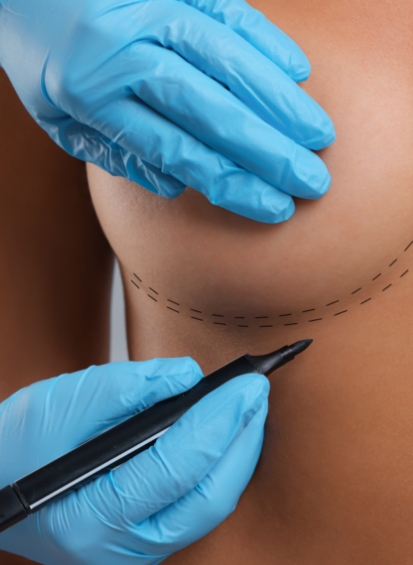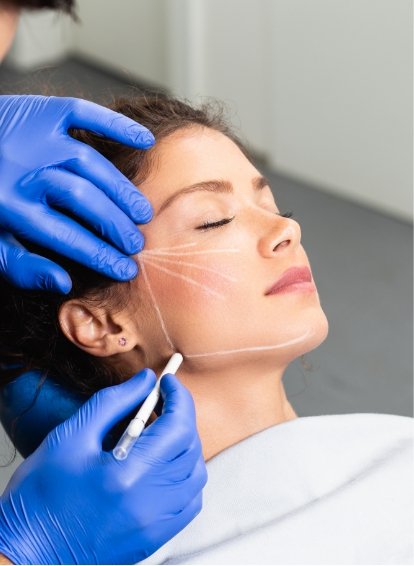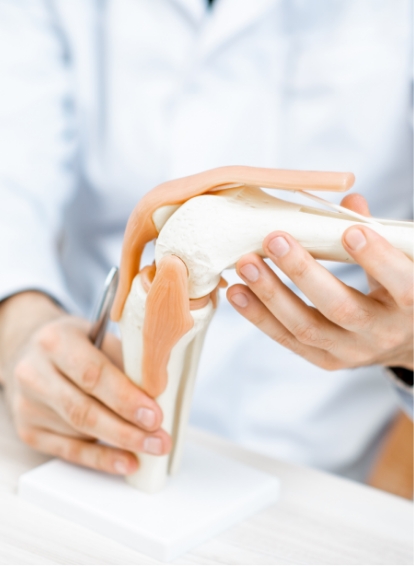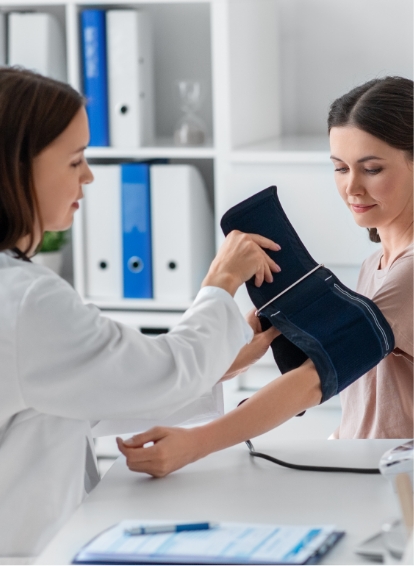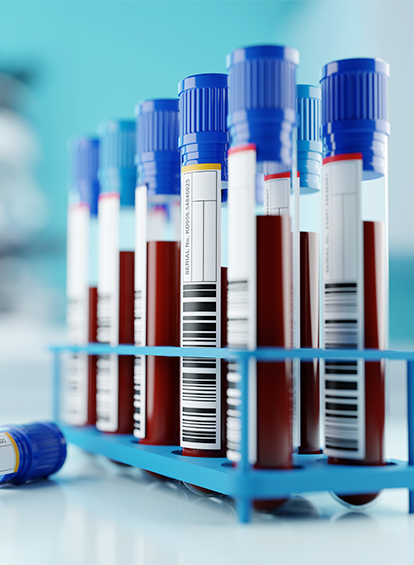Sports & Non-Surgical Orthopaedic Treatments
Rotator Cuff Injuries
Rotator cuff injuries are common shoulder injuries that occur when one or more of the muscles or tendons that make up the rotator cuff become strained or torn. These injuries can cause pain, weakness, and restricted movement in the shoulder, often making it difficult to lift the arm or perform overhead motions. They are frequently seen in athletes, manual labourers, and individuals over 40.
At The Clinica, our specialists in Sports & Non-Surgical Orthopaedics provide comprehensive care for rotator cuff injuries, offering treatments that relieve pain, restore shoulder function, and prevent further damage, helping patients return to their daily activities with confidence.
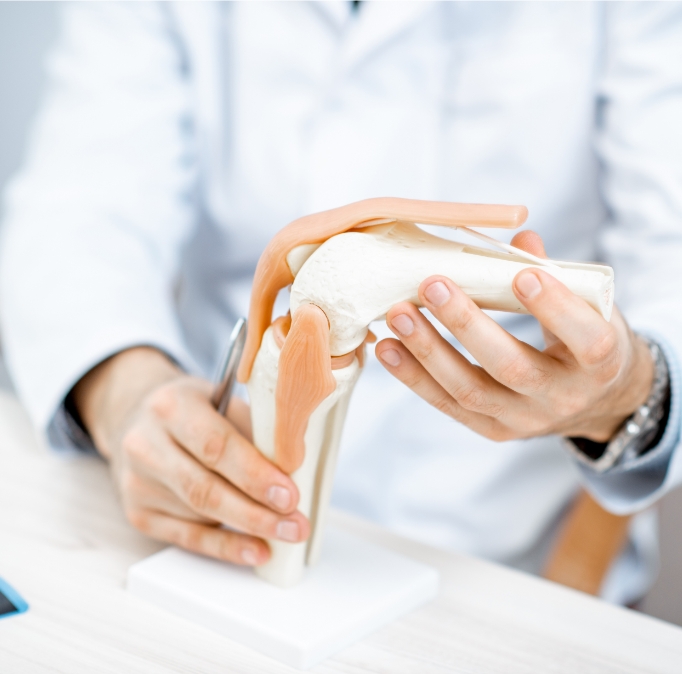
What is it?
The rotator cuff is a group of four muscles and tendons that stabilise the shoulder joint and enable a wide range of arm movements. When these tendons or muscles are overused, strained, or injured, they can develop small tears or, in severe cases, a complete tear. Rotator cuff injuries range from mild strains and inflammation (tendinitis) to partial or complete tears, each requiring different treatment approaches based on the severity.
Rotator cuff injuries often cause pain in the shoulder, particularly when lifting the arm or performing movements above shoulder height. Weakness, stiffness, and restricted range of motion are common symptoms, which can interfere with everyday tasks such as reaching, lifting, or dressing. Some people may also experience a clicking or popping sound when moving the shoulder, indicating damage to the joint structure.
Over time, untreated rotator cuff injuries can lead to complications, including chronic shoulder pain and further degeneration of the tendons. Early diagnosis and treatment are essential to restore shoulder function, prevent recurrence, and support long-term shoulder health.
Book an appointment
Additional Information

Causes of the condition
Rotator cuff injuries commonly result from repetitive overhead movements, direct trauma, or degeneration due to age. Activities such as painting, swimming, and lifting weights can place repetitive strain on the rotator cuff, causing tendinitis or small tears over time. Athletes, especially those in sports like tennis, baseball, and weightlifting, are at higher risk due to the repetitive motions required.
Degenerative changes in the tendons are also a leading cause of rotator cuff injuries, particularly in individuals over the age of 40. As the tendons age, they lose elasticity, becoming more prone to wear and tear. This degeneration can result in spontaneous rotator cuff tears even with minimal strain. Traumatic injuries, such as falls or accidents, can also cause acute tears in the rotator cuff, particularly in younger individuals or during high-impact activities.
Other contributing factors include poor posture, which can place strain on the shoulder muscles, and underlying conditions such as arthritis, which can weaken the tendons and increase the likelihood of injury.
Tests that can be done to confirm the condition
Diagnosing a rotator cuff injury involves a physical examination and an assessment of symptoms. The clinician may conduct specific shoulder tests, such as the “empty can” or “drop arm” tests, to determine the location and extent of the injury. Observing range of motion, strength, and points of tenderness helps identify the area of damage within the rotator cuff.
Imaging tests, such as X-rays, ultrasound, and MRI, are commonly used to confirm the diagnosis and evaluate the severity of the injury. X-rays do not show soft tissues like muscles or tendons, but they can reveal bone spurs or joint abnormalities that may contribute to rotator cuff issues. Ultrasound provides a detailed view of the tendons and muscles, helping to detect tears or inflammation.
MRI scans offer comprehensive imaging of the shoulder structure, allowing for a precise assessment of the rotator cuff's condition. MRI is especially valuable in determining whether the tear is partial or complete, guiding the development of an appropriate treatment plan.
Effective treatments
Treatment for rotator cuff injuries focuses on relieving pain, restoring shoulder mobility, and strengthening the rotator cuff to prevent re-injury. Initial treatments may include rest, ice, and anti-inflammatory medications to reduce pain and inflammation. Modifying or avoiding activities that strain the shoulder is essential for initial healing.
Physical therapy is a cornerstone of rotator cuff rehabilitation, with targeted exercises to strengthen the shoulder muscles and improve range of motion. Stretching exercises help relieve tightness, while strengthening routines support the shoulder joint, enhancing stability and reducing the risk of future injuries. These exercises are typically introduced gradually, with progression based on pain tolerance and strength improvements.
In cases where pain persists or if there is a significant tear, corticosteroid injections may be used to reduce inflammation and provide temporary relief. For severe rotator cuff injuries, particularly complete tears, surgery may be recommended to repair or reattach the tendon. Post-surgery, a structured physical therapy program is crucial for restoring shoulder function and achieving optimal recovery outcomes.
Book an appointment for the initial consultation
Booking an initial consultation at The Clinica is the first step towards effective management and recovery from a rotator cuff injury. During this consultation, our specialist will conduct a detailed assessment, discussing your symptoms and reviewing your medical history to determine potential contributing factors. A physical examination of the shoulder will help identify areas of pain, weakness, and restricted movement.
If necessary, imaging tests such as X-rays, ultrasound, or MRI will be arranged to confirm the diagnosis and assess the extent of the injury. Based on these findings, a personalised treatment plan will be developed, focusing on pain relief, rehabilitation, and strategies to restore shoulder function and prevent recurrence.
Frequently Asked Questions
Recovery time depends on the severity of the injury. Mild strains may heal within a few weeks, while severe tears or post-surgical recovery may take several months with physical therapy.
Yes, many rotator cuff injuries improve with non-surgical treatments like physical therapy and anti-inflammatory medications. Surgery is typically reserved for significant tears that do not respond to conservative treatments.
Corticosteroid injections are generally safe and can provide temporary pain relief. However, they should be used as part of a broader treatment plan and not as a standalone solution.
Strengthening exercises that target the shoulder muscles, along with gentle stretching, can support recovery. A physical therapist can provide a specific exercise plan tailored to your needs.
Yes, physical therapy is essential after surgery to restore strength, flexibility, and full function of the shoulder joint, ensuring optimal recovery outcomes.
Specialised Clinics
General Enquiries
Please send your enquiry to us and our Practice Manager will be in touch shortly. Alternatively, if you would rather speak to us or your enquiry requires our urgent attention, please call us on 01344 946363.

